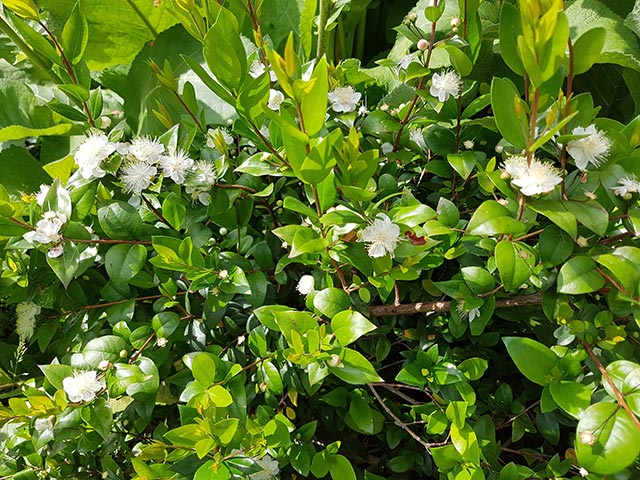New study shows the powerful anticancer effects of Korean angelica
10/24/2018 / By RJ Jhonson

A study published in BMC Complementary and Alternative Medicine found that Korean angelica (Angelica gigas Nakai) can stimulate your body’s immune system to such an extent that it can be used as a treatment for cancer, validating the plant’s use as a natural treatment in Eastern medicine.
The study was prompted by previous findings on Korean angelica’s (also called Dang Gui) ability to activate the body’s immune response. Specifically, the researchers wanted to know if these effects can elicit anti-cancer responses in the body.
The researchers prepared a water-soluble immune-stimulatory component of A. gigas (ISAg). They examined how it activated immune cells. The authors also investigated how ISAg induced a cytotoxic effect using natural killer (NK) cells and natural killer T (NKT) cells on mice injected with melanoma cells.
In their in vitro experiment, they found that the administration of ISAg caused the expression of immune-related genes, as well as the secretion of nitric oxide (NO). Aside from relaxing blood vessels and enabling better blood flow, NO is also produced by various cells in the immune system as part of the immune response to pathogens.
In their in vivo experiment, they induced cancer in mice using a melanoma cell injection. The mice were then treated with ISAg a week later. The treatment lasted for two weeks. After this, the mice were sacrificed and tissues from their tumors were taken as samples.
The researchers found that ISAg activates dendritic cells (DC) and macrophages, both part of the immune system, and causes them to secrete cytokine IL-12. This cytokine plays an important role in activating both NK and NKT cells, the actions that lead to ISAg-mediated cytotoxicity that kills the melanoma cells. (Related: Boosting immune system with natural methods offers many health benefits.)
The researchers concluded that ISAg has a potent ability to stimulate the immune system and activate NK and NKT cells to attack cancerous tumors.
The health benefits of Korean angelica
Korean angelica is used in Eastern cultures as a medicinal plant that can help with many types of conditions. Here are some of them:
- It helps relieve the symptoms of menopause – This plant is noted for having potent estrogenic activity, making it a potential aid in natural hormone replacement therapy. Studies on this benefit of A. gigas has revealed its ability to bring back progesterone and estrogen levels to normal in a mouse model.
- It helps reduce inflammation – At the end of the day, inflammation is part of the immune response. And while the study above showed the plant’s ability to activate immune cells, combining it with different herbs gives it an anti-inflammatory effect and allows it to reduce oxidative stress and improve the function of the mitochondria.
- It protects the brain – Korean angelica is sometimes combined with other herbs to create medicines that protect the brain from neurodegenerative diseases. Some of these natural medicines have also been noted to protect the brain from damage and oxidative stress. Other users also report that some of the medicines help improve memory.
- It improves cognitive performance – Korean angelica also stimulates the brain for maximum cognitive performance. Its oil has even been reported as able to improve a person’s ability to learn new languages.
- It helps with weight loss – Korean angelica helps prevent the accumulation of fat and, as a result, an increase in weight.
- It helps prevent bone loss – Women going through menopause often suffer from bone density loss. Korean angelica helps strengthen bones and reduces the markers for osteoporosis.
- It helps those who want to quit smoking – The plant’s essential oils lower the high associated with taking nicotine by blocking the release of dopamine that contributes to addiction.
Discover more medicinal plants with anticancer properties at Herbs.news. today
Sources include:
Tagged Under: alternative medicine, Angelica gigas, Chinese medicine, dang gui, herbal medicine, korean angelica, melanoma, natural cures, natural medicine



















